Room 102, Building 13, Area A, Wanyang Zhongchuang Park, Ganyao Town, Jiashan County, Zhejiang China.

Auto parts screws are essential fasteners that secure components in vehicles, from engines to chassis parts. A common question among mechanics and DIY enthusiasts is whether these screws can be reused. While reusing screws can save cost and reduce waste, improper reuse can compromise vehicle safety. This article examines factors affecting screw reuse, including material type, wear and damage inspection, torque considerations, and industry best practices.
Not all auto parts screws are designed for multiple uses. High-strength bolts, self-tapping screws, and torque-to-yield (TTY) screws behave differently when removed. High-strength bolts may withstand several removals if inspected for damage. Self-tapping screws cut threads into soft materials, and repeated reuse may reduce their holding power. TTY screws are designed to stretch once during installation, making them unsuitable for reuse as they cannot reliably return to their original strength.
High-strength bolts, typically made from alloy steel, are often used in critical components like suspension systems and engine mounts. These screws can sometimes be reused if they show no signs of deformation, corrosion, or thread damage. Inspection involves checking for straightness, surface wear, and thread integrity. If any damage is detected, replacement is necessary to prevent potential failure.
Torque-to-yield screws are designed to stretch slightly during initial installation to maintain clamping force. Reusing TTY screws is generally not recommended, as the material has already been stressed and may fail if retightened. Manufacturers often specify single-use guidelines for TTY screws in critical applications such as cylinder heads and connecting rods.
Before deciding to reuse a screw, careful inspection is essential. Signs of wear, corrosion, or deformation indicate that the screw should not be reused. Threads should be checked for stripping or rounding, which can reduce holding strength. Additionally, screws exposed to high temperatures or torque loads may experience microstructural changes that compromise durability.
Inspect screws for rust, pitting, or discoloration, which indicate corrosion. Examine threads closely for flattened peaks or stripped areas. Screws with damaged threads can loosen under vibration, leading to component failure. For critical applications, thread gauges or calipers can help measure thread integrity and detect subtle wear not visible to the naked eye.
Check the length, diameter, and head condition of screws to ensure they meet original specifications. Any bending, stretching, or deformation is a clear indicator for replacement. For torque-critical screws, verify that the mechanical properties have not been compromised by previous installation or extreme environmental exposure.
Reusing screws requires careful torque management. Over-tightening reused screws can cause thread stripping or breakage, while under-tightening reduces clamping force. Torque specifications from manufacturers should always be followed, and lubricants or anti-seize compounds should be applied according to guidelines to maintain correct torque values.
Some screws require lubrication to achieve accurate torque readings. For reused screws, applying proper lubricant ensures that friction does not prevent the screw from reaching the intended clamping force. Torque wrenches must be used to avoid guesswork, as improper torque can compromise joint integrity, especially in engine or suspension components.
| Screw Type | Reusable | Single-Use |
| High-Strength Bolts | Yes, if undamaged | No, if damaged or worn |
| Torque-to-Yield Screws | No | Yes, first use only |
| Self-Tapping Screws | Limited reuse, inspect threads | No, if thread stripped |
When reusing screws, always follow manufacturer recommendations and consider the application’s criticality. Inspect every screw thoroughly, replace those showing wear, and use appropriate torque and lubrication. Documenting reused screws in maintenance logs helps track potential issues. For critical systems, such as brakes, engine components, and suspension, it is often safer to replace screws rather than risk failure from reuse.
Auto parts screws can be reused in some cases, particularly high-strength bolts and non-critical components, provided they are carefully inspected and installed following correct torque specifications. Torque-to-yield screws and damaged screws should never be reused. By understanding screw types, performing thorough inspections, and applying best practices, mechanics and vehicle owners can safely reuse certain screws without compromising vehicle performance or safety.
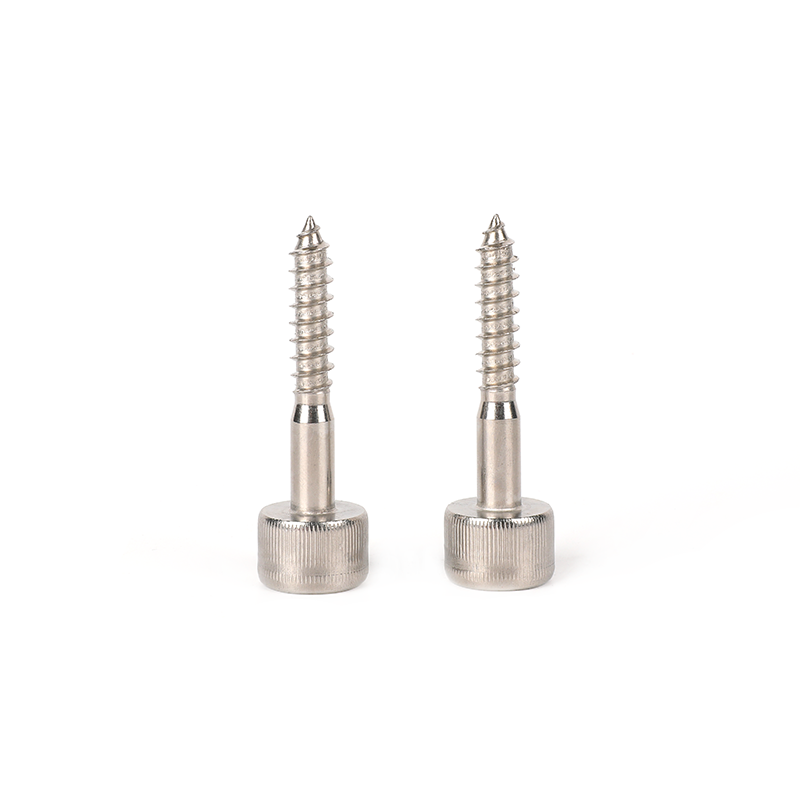

Fix anchorbolts include bolts, washers, nuts and 4PCS cylindrical shields. By tightening the bolts, the shields tubes expand and the components can be...
See Details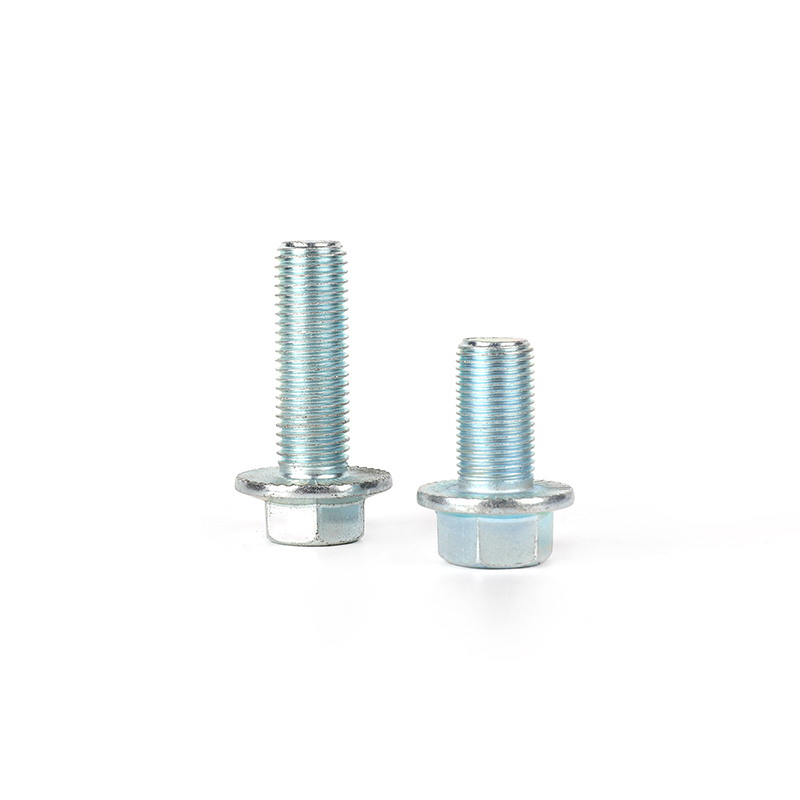
Flange bolts are specially used to tightly connect pipes and components with flanges. We produce flange bolts are solid t and durablethat, compling wi...
See Details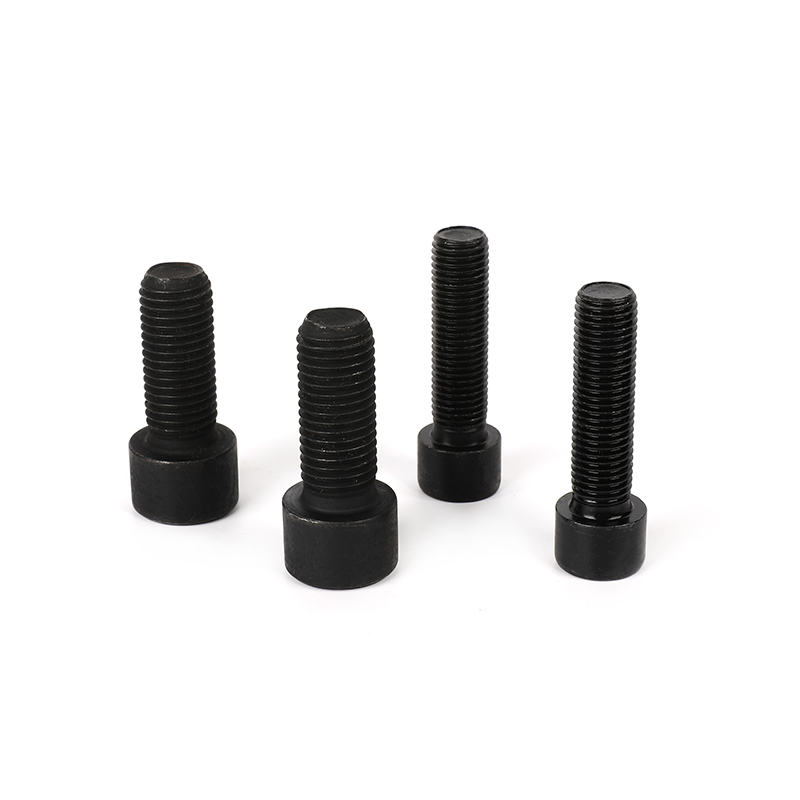
The Grade 8.8 black oxide full-thread hexagon socket bolts have an internal hex design and needs to be used with a wrench with a hex head. Its full th...
See Details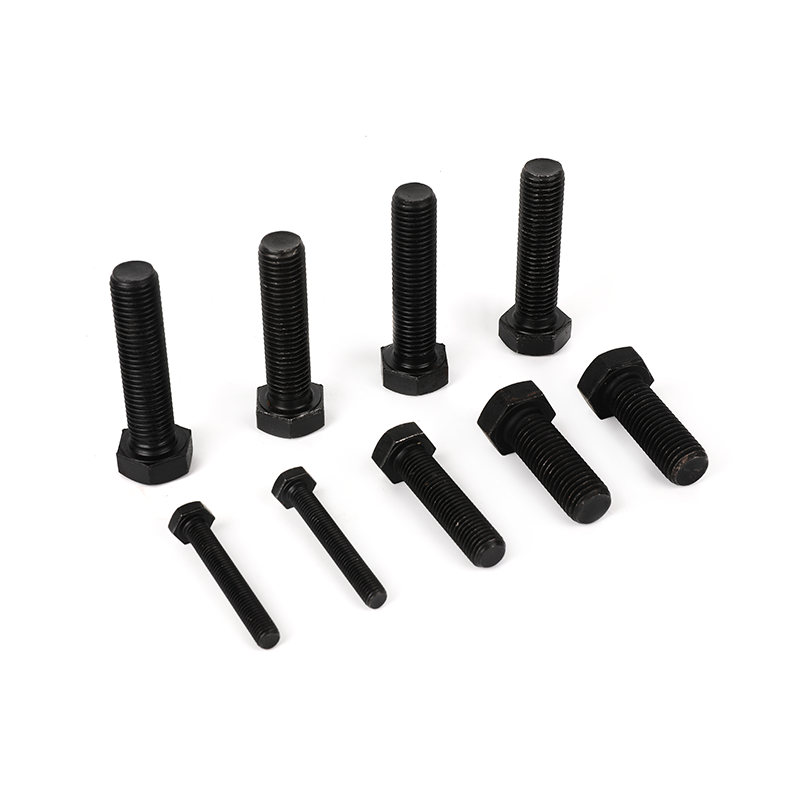
Grade 8.8 black oxide full-thread hexagon bolts is a very common fastener and requires a wrench or hex wrench to tighten it. Our hex head bolt meet th...
See Details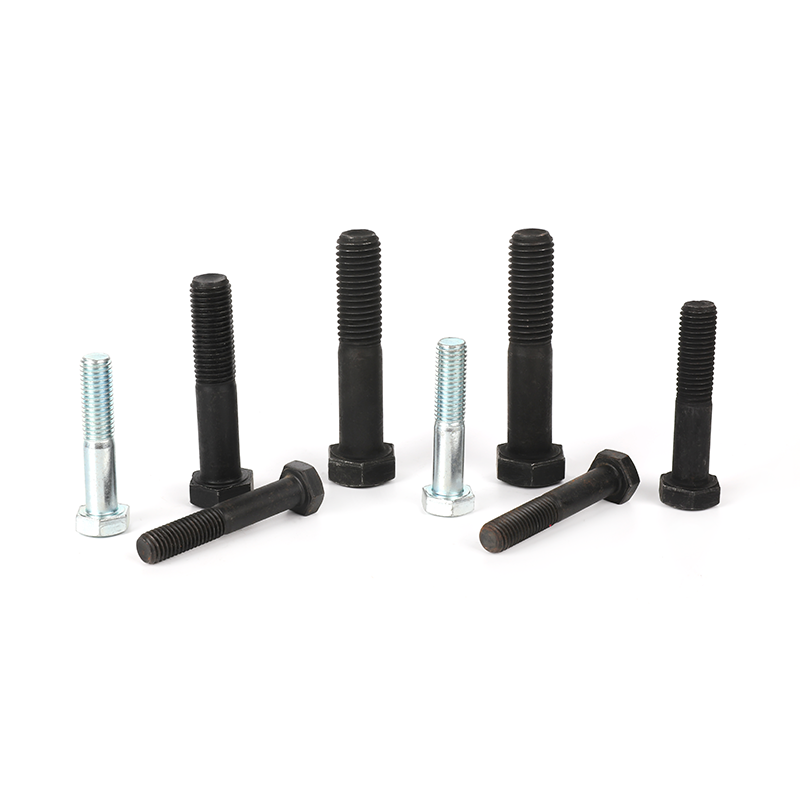
This product is made of high-quality carbon steel and undergoes a rigorous heat treatment process. It has high strength, good elasticity and toughness...
See Details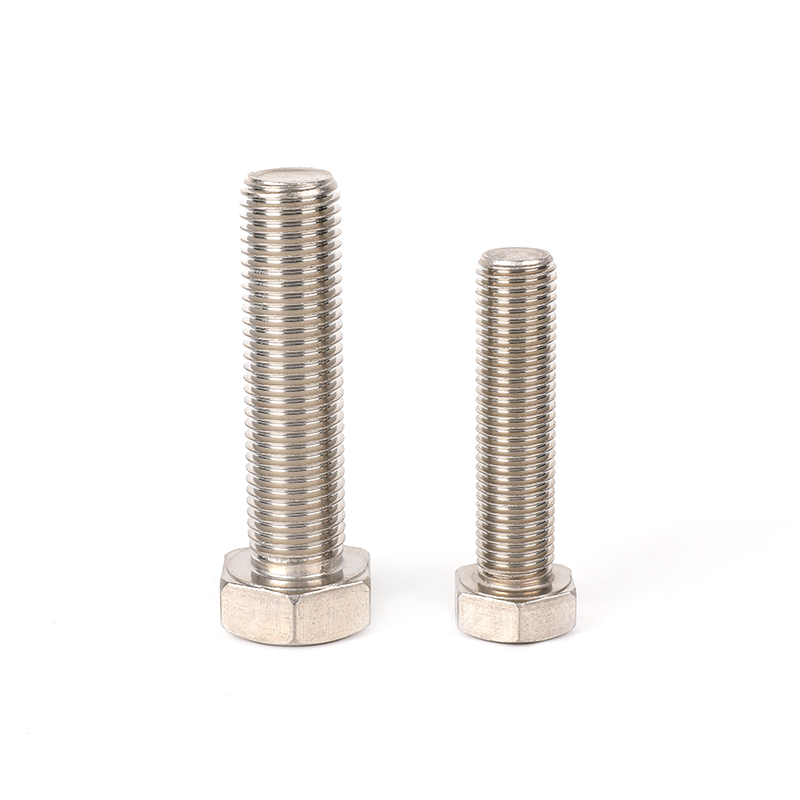
This 304 stainless steel plain full-thread hexagon bolt is a kind of fasteners made of high-quality stainless steel material and has corrosion resista...
See Details
This plain round flat head weld shoulder bolt is a fastener suitable for a variety of welding applications. Its flat head and round head design makes ...
See Details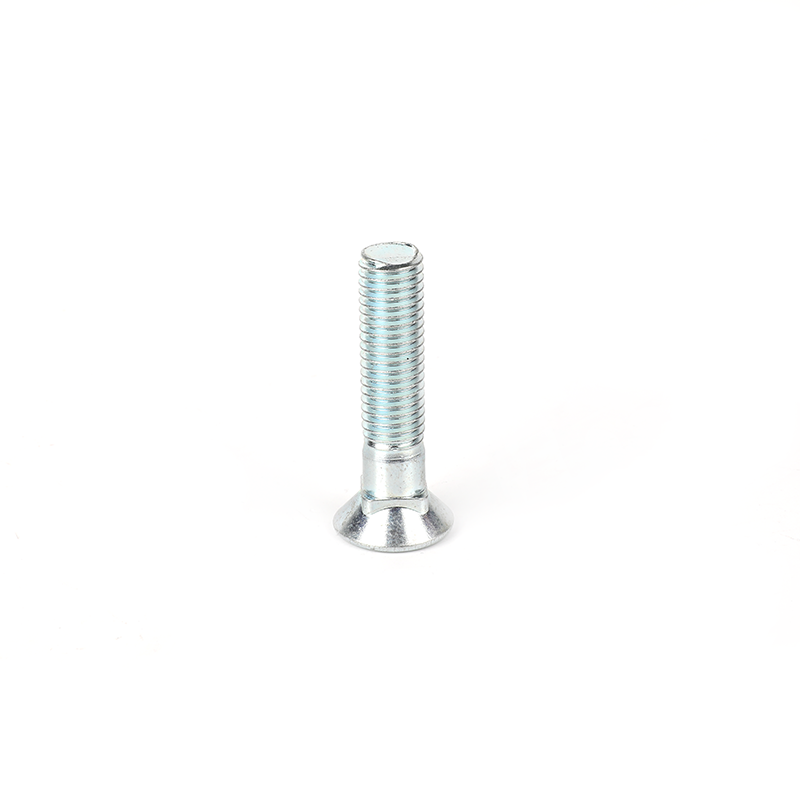
This Grade 12.9 zinc plated countersunk head square neck plow bolt has the advantages of high precision, high operability, high strength, and high ten...
See Details